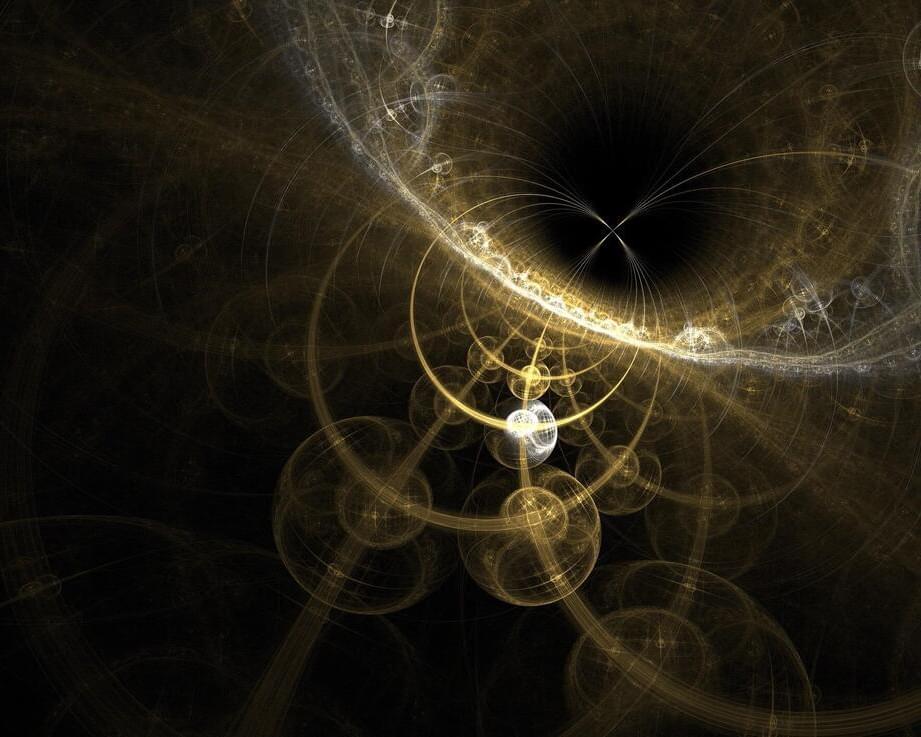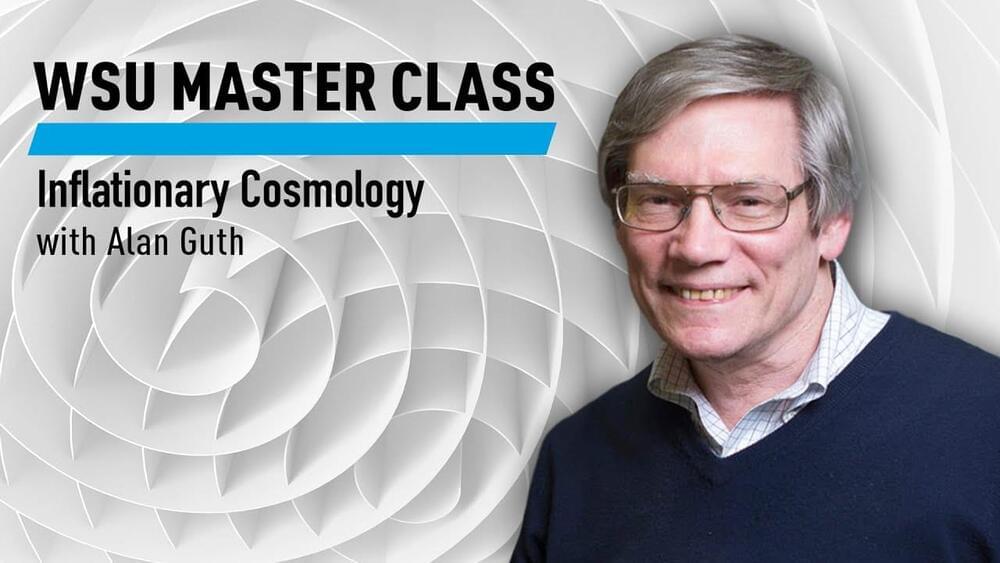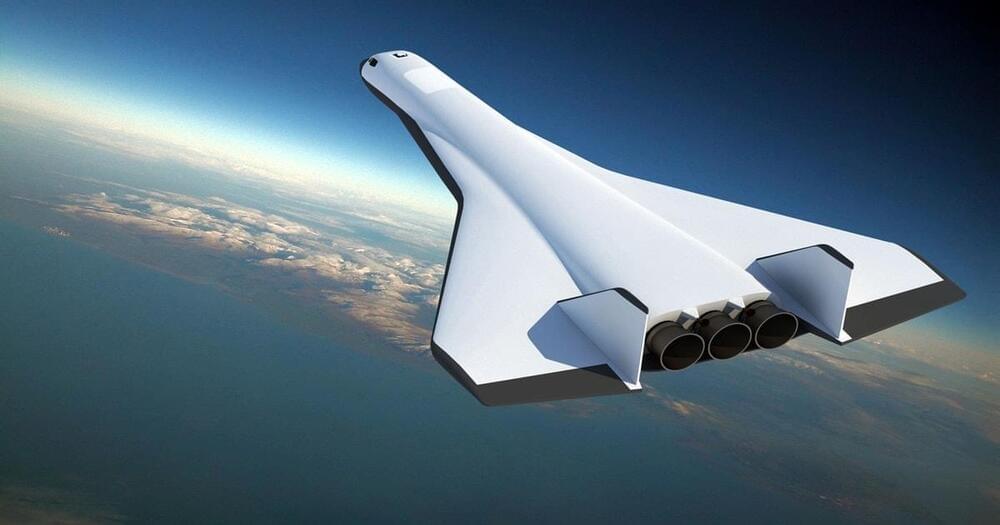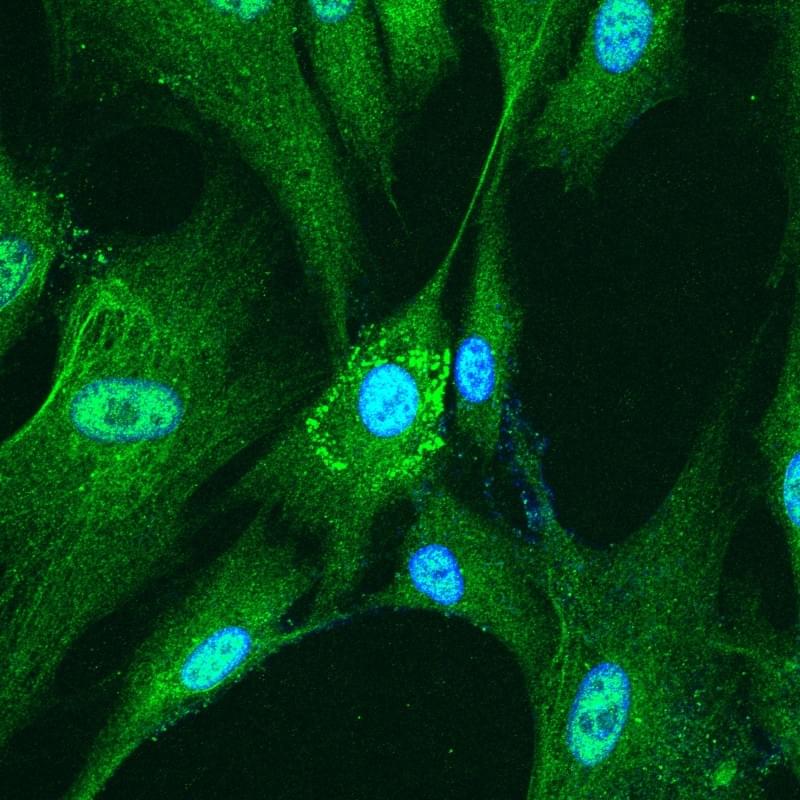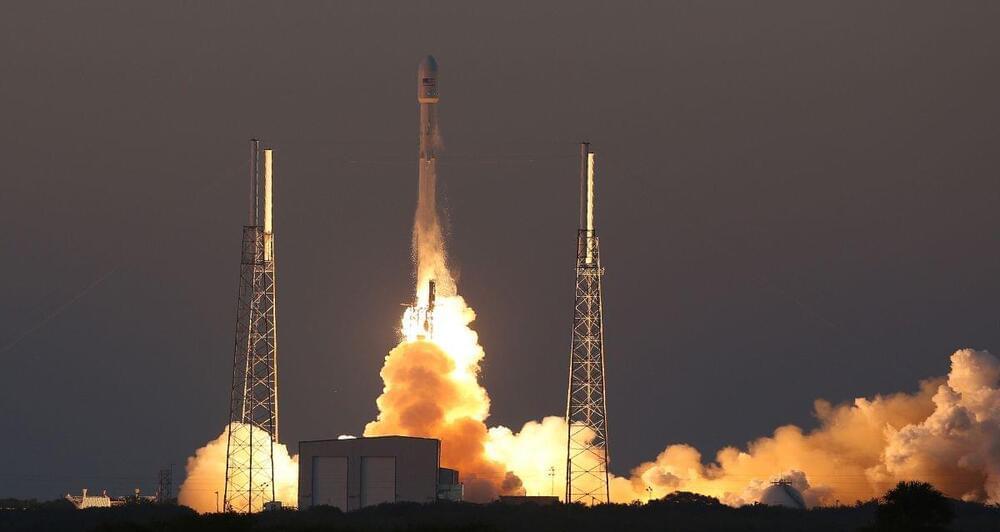Quantum researchers at the University of Bristol have dramatically reduced the time to simulate an optical quantum computer, with a speedup of around one billion over previous approaches.
Quantum computers promise exponential speedups for certain problems, with potential applications in areas from drug discovery to new materials for batteries. But quantum computing is still in its early stages, so these are long-term goals. Nevertheless, there are exciting intermediate milestones on the journey to building a useful device. One currently receiving a lot of attention is “quantum advantage”, where a quantum computer performs a task beyond the capabilities of even the world’s most powerful supercomputers.
Experimental work from the University of Science and Technology of China (USTC) was the first to claim quantum advantage using photons—particles of light, in a protocol called “Gaussian Boson Sampling” (GBS). Their paper claimed that the experiment, performed in 200 seconds, would take 600 million years to simulate on the world’s largest supercomputer.
